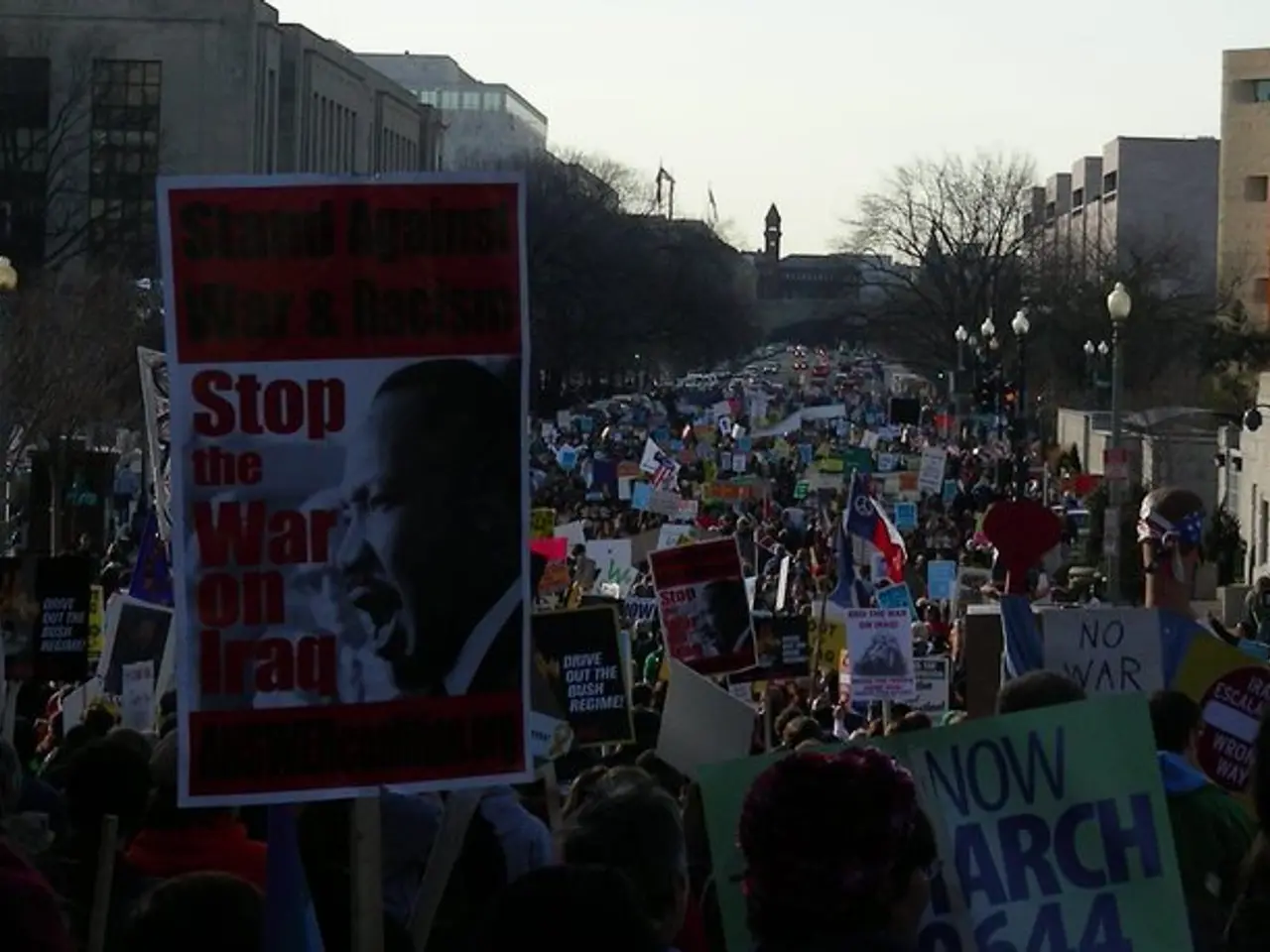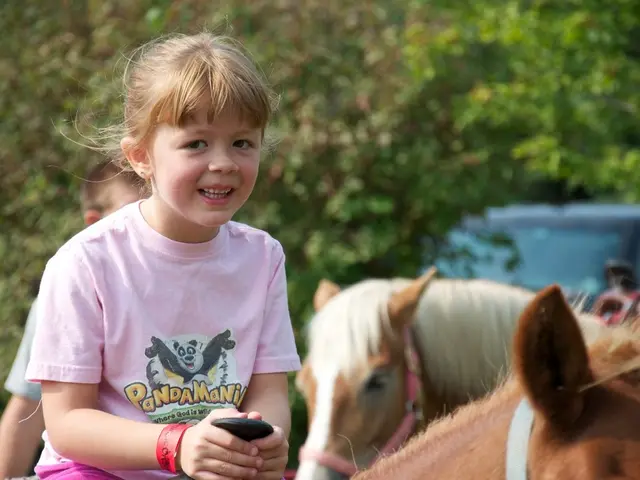Bolivian Presidential Election Warnings: Morales Prepares for Protest if Opposition Party Triumphs
Bolivia is experiencing a significant political shift after the 2025 general elections, marking the end of the Movement for Socialism (MAS) party's two-decade dominance. The MAS party, once hegemonic under former president Evo Morales and his successor Luis Arce, has lost broad popular support and legislative majorities, leading to a fragmented political landscape marked by division and instability.
In the first-round presidential vote held in August 2025, the MAS's candidate finished a distant sixth, a dramatic collapse for a party that had governed Bolivia for 20 years. Instead, Senator Rodrigo Paz Pereira and former President Jorge “Tuto” Quiroga, both opponents of MAS, advanced to the runoff, scheduled for October 19, 2025. This runoff is the first under Bolivia's 2009 Constitution allowing for a presidential runoff.
Evo Morales, no longer a candidate, has urged his supporters to nullify their ballots, reflecting his disapproval and a likely strategy of protest or non-recognition of the process and outcomes. Although large-scale protests have not been detailed explicitly, Morales’s call to nullify votes indicates an anticipated mobilization of his base in opposition to the election result.
The political environment is expected to be contentious and unstable. The MAS retains a strong grassroots presence and organizational capacity, even as fractures grow within the party. The rise of right-wing candidates like Quiroga and centrist figures like Paz Pereira points to a new era where no party holds a decisive majority, necessitating coalition governments and compounding challenges for governance amid economic difficulties.
Evo Morales, from the jungle of the province of Chapare, has stated that he will not abandon the Bolivian people. He has also threatened that his supporters will take to the streets if a right-wing government comes to power. Despite reports suggesting he might seek asylum in Cuba, Morales has denied these claims.
Two leading candidates in the Bolivian presidential election are Samuel Doria Medina and Jorge Tuto Quiroga. If elected, they plan to dismantle the socialist legacy and lead Bolivia out of the economic crisis through liberalization of the economy. The incumbent president, who is not running for re-election, is experiencing poor approval ratings due to the ongoing economic crisis.
Notably, the leftist ruling party in Bolivia is sending the current interior minister Eduardo del Castillo as its candidate for the election on August 17. However, Evo Morales is not allowed to run in the current presidential election as he resigned after massive protests in 2019 when he tried to circumvent the constitution and run for a fourth term.
This paints a picture of a polarized Bolivia potentially entering a phase of political instability and protest, with Morales and the right-wing candidates both playing critical roles in shaping the post-2025 political dynamics. The upcoming runoff election on October 19, 2025, will be a significant test for Bolivia's political stability and its ability to navigate this new era of divided power and instability.
References:
- BBC News
- The New York Times
- The Guardian
"Amid this political turmoil and instability in Bolivia, it's crucial for the new government to have clear community policy guidelines to ensure peaceful coexistence and understanding. The employment policy, in this context, should be geared towards fostering job creation and economic recovery, addressing unemployment exacerbated by the election and subsequent political shifts."
"In the midst of war-and-conflicts and crime-and-justice reports related to the election protests, it's essential for the media to maintain an impartial stance and uphold journalistic integrity when covering political news, providing the general public with accurate, factual, and balanced information."







